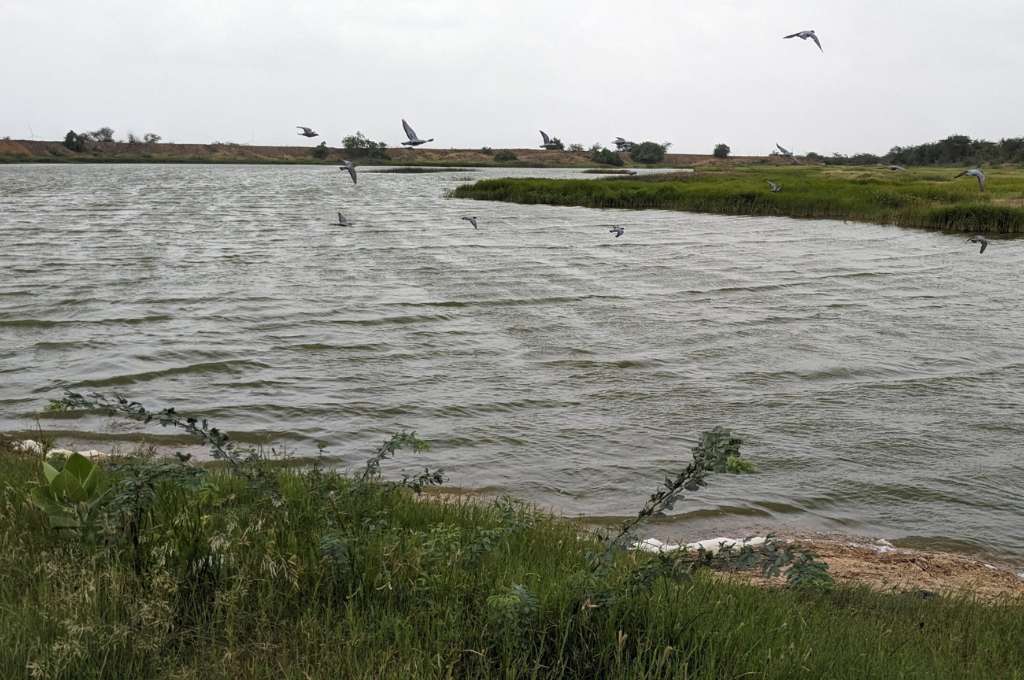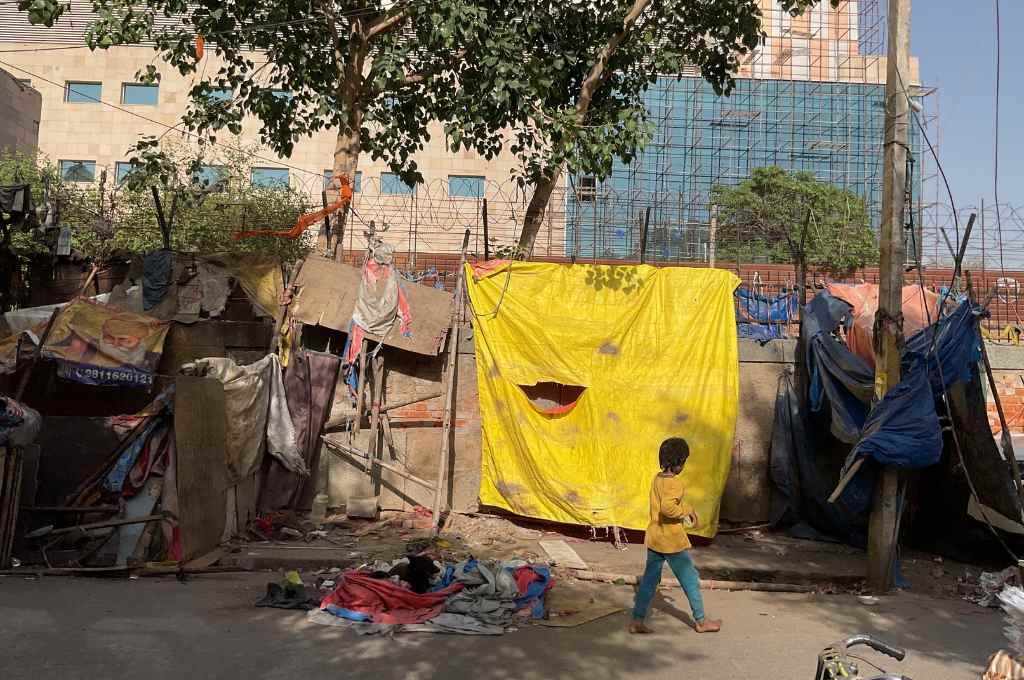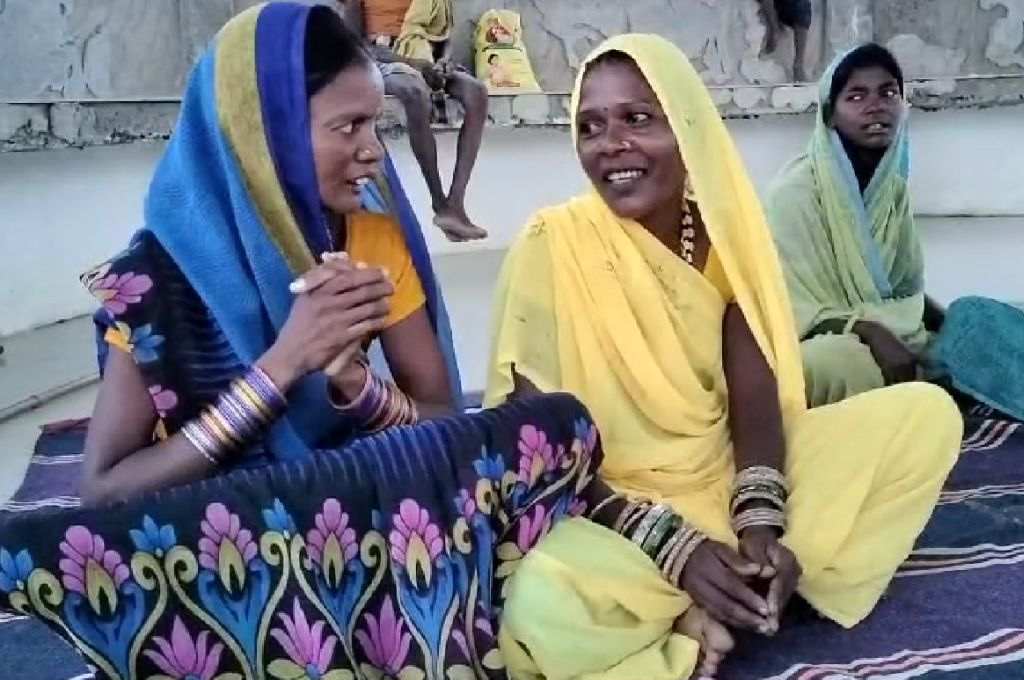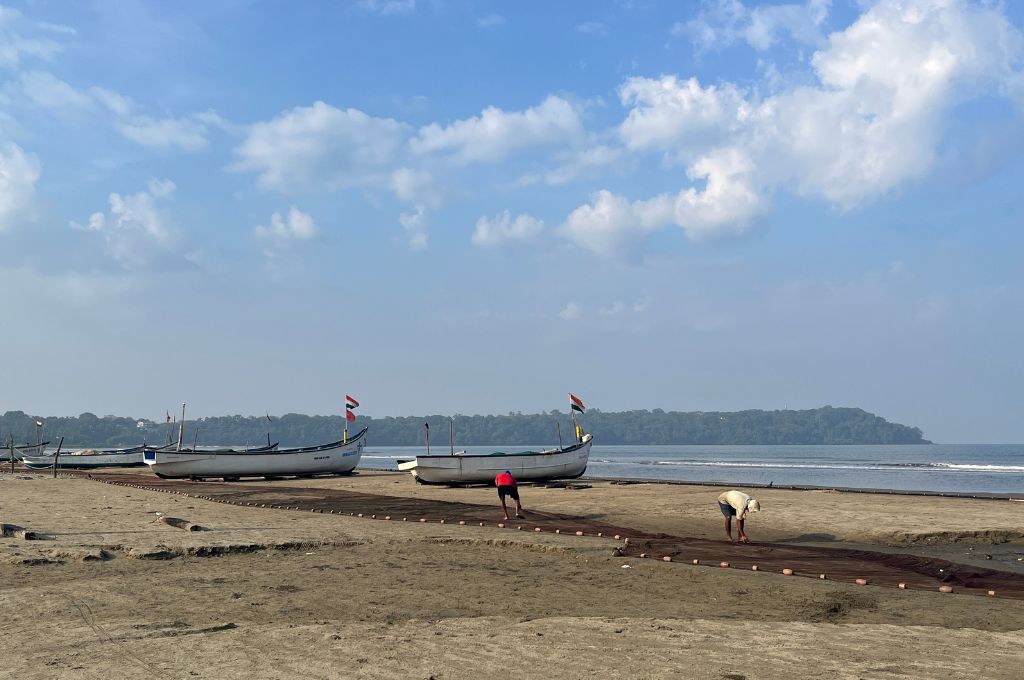Nosy interference
As a part of an assessment exercise I was doing for a nonprofit in the year 1999, I prepared three or four village studies. One study was in Kotra, an extremely backward block of Udaipur district. This was the only place where my well-natured host warned me, “If you have to go out during the night to ease yourself, please do not go alone, wake me up.”
One night, I felt too shy to wake him up, and on my return, I saw him looking at me with sullen anger. The next morning, he told me off.
“Why can you, an educated fellow, not do what I tell you? Who would be responsible if anything happened to you?”
When I argued that he perhaps was blowing the matter out of proportion, he made me stay awake that night, and we quietly watched numerous armed men romping around on the road—drunken brawls and violent scuffles breaking out between them. In this block, the infamous ‘bair parampara’ still held its sway, where if an outsider dies in your village (even of a snake bite), you expect his village and his people to come, attack, and loot your village, and keep ransacking it until ‘bair’ is paid.
I wondered if letting the bair parampara to continue—as it was a part of their custom—was correct, and whether trying to end the custom was nosy interference from outsiders. Or, was it my job to intervene?
Sanjiv Phansalkar leads VikasAnvesh Foundation, a research centre established by Tata Trusts to study social development processes.
—
Know more: Read this article by Sanjiv Phansalkar on the moral questions every leader must ask.



